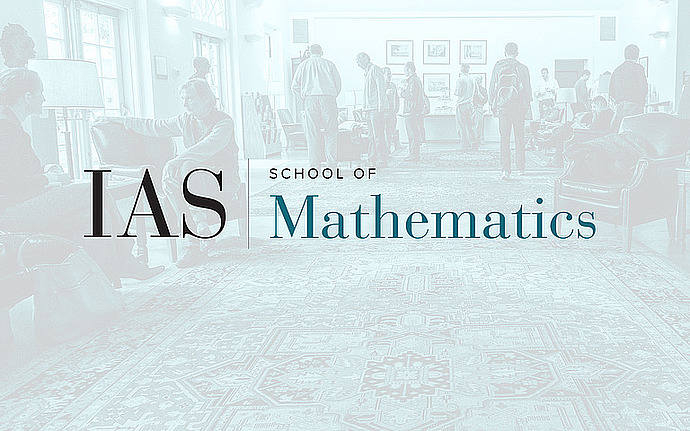
Arithmetic Combinatorics
Decompositions into Quadratic Phase Functions
The aim is to present some of the more technical aspects of my joint project with Tim Gowers regarding the true complexity of a system of linear quations. Using so-called "quadratic Fourier analysis", we determined a necessary and sufficient condition on a linear system L which guarantees that any uniform subset A of F_p^n contains the expected number of solutions to L, that is, the number of solutions one would expect in a random subset of F_p^n of the same density as A. A crucial ingredient in the proof of this result is a decomposition theorem, which allows one to write any bounded function f as a sum of two functions f_1+f_2, where f_2 is small in the U^3-norm and f_1 possesses some sort of "quadratic structure". One version of such a statement was developed by Green and Tao as a corollary to their U^3 inverse theorem. It has a distinct ergodic theoretic flavour in the sense that the "quadratic structure" is expressed as a projection onto a so-called "quadratic factor". We use their theorem to deduce that certain linear systems which were previously thought to require U^3-control are in fact governed by ordinary uniformity. We shall also outline an alternative quadratic decomposition that yields significantly better bounds for our problem, and is likely to find further applications in arithmetic combinatorics.